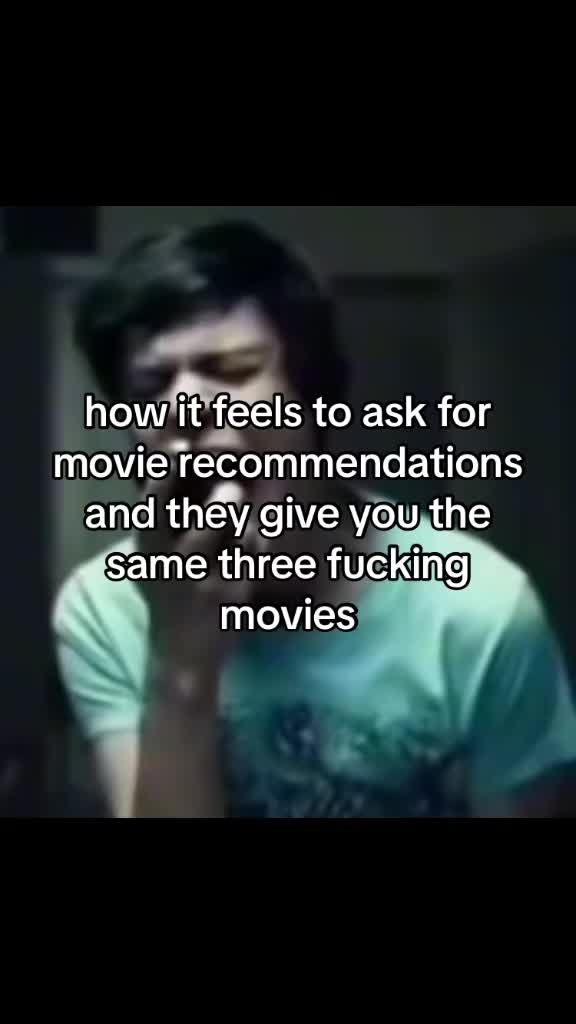after credits: monthly film & tv show recommendations #1
A monthly guide to what to watch for every weird mood you're in.
The other day, my friend texted me asking for a movie recommendation. Easy enough, right? Except her only requirements were "nothing too sad but also not too happy" and "maybe something that will make me think but not like, Tár-level think." I stared at my phone for a solid ten minutes, mentally scrolling through my Letterboxd watchlist like a contestant on "Who Wants to Be a Millionaire" who just used their last lifeline.
Here's the thing about movie (and tv show) recommendations: they're deeply personal, heavily contextual, and—much like trying to explain why you're still single to your aunt—surprisingly complex to articulate. The internet is drowning in "Best Movies of [insert time period]" lists that feel about as personalized as Spotify's Discover Weekly after you accidentally fell asleep to rain sounds. And while I love a good "Top 10 Films With Plot Twists" roundup as much as the next person, I wanted After Credits to be different. More useful. More specific. More...you.
So I did what any normal person would do: spent two weeks diving into media psychology while watching everything from Kurosawa to "Cocaine Bear" (you know, for science)1. Turns out, our movie-watching patterns have less to do with genres and more to do with what we actually need in the moment2. Sometimes you want to engage your last two brain cells in an existential tango; other times, you just need something easy but not empty.
That's why starting this month, paid subscribers will get access to my carefully ~curated~ monthly recommendations, organized into categories that actually reflect how we watch movies, tv shows and documentaries in real life.
Two quick housekeeping notes before we dive in:
First, all recommendations will have an IMDb rating over 6. Not because I'm a snob (I've seen Birdemic three times), but because that score tends to be the threshold where even films with interesting ideas start losing coherence faster than M. Night Shyamalan's career post-20043.
Second, we're sticking to post-1960s cinema, mainly because I want you to be able to actually find these films without having to befriend a film archivist or learn how to operate a projector from the Silent Era.
Want to see what's behind the paywall? Here's what we've got for...
Keep reading with a 7-day free trial
Subscribe to That Final Scene to keep reading this post and get 7 days of free access to the full post archives.







